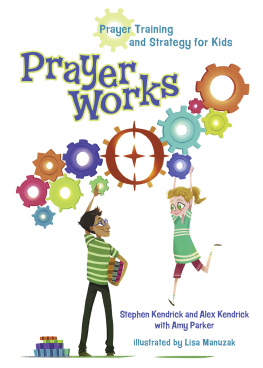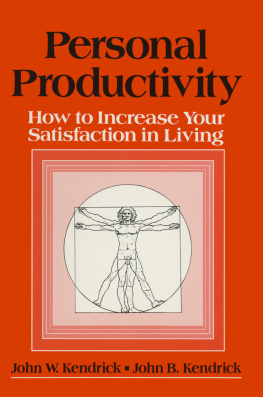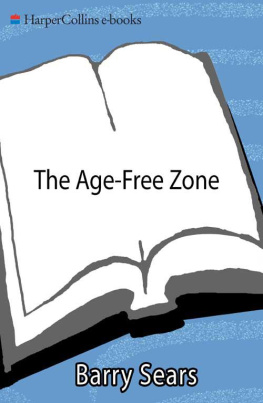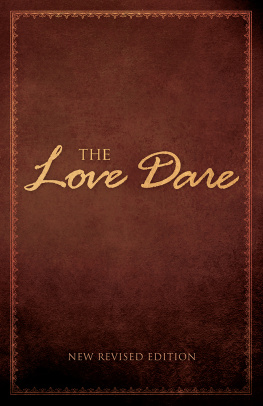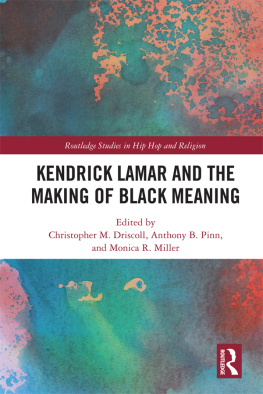Keturah Kendrick - No Thanks: Black, Female, and Living in the Martyr-Free Zone
Here you can read online Keturah Kendrick - No Thanks: Black, Female, and Living in the Martyr-Free Zone full text of the book (entire story) in english for free. Download pdf and epub, get meaning, cover and reviews about this ebook. year: 2019, publisher: She Writes Press, genre: Science fiction. Description of the work, (preface) as well as reviews are available. Best literature library LitArk.com created for fans of good reading and offers a wide selection of genres:
Romance novel
Science fiction
Adventure
Detective
Science
History
Home and family
Prose
Art
Politics
Computer
Non-fiction
Religion
Business
Children
Humor
Choose a favorite category and find really read worthwhile books. Enjoy immersion in the world of imagination, feel the emotions of the characters or learn something new for yourself, make an fascinating discovery.

- Book:No Thanks: Black, Female, and Living in the Martyr-Free Zone
- Author:
- Publisher:She Writes Press
- Genre:
- Year:2019
- Rating:5 / 5
- Favourites:Add to favourites
- Your mark:
- 100
- 1
- 2
- 3
- 4
- 5
No Thanks: Black, Female, and Living in the Martyr-Free Zone: summary, description and annotation
We offer to read an annotation, description, summary or preface (depends on what the author of the book "No Thanks: Black, Female, and Living in the Martyr-Free Zone" wrote himself). If you haven't found the necessary information about the book — write in the comments, we will try to find it.
No Thanks: Black, Female, and Living in the Martyr-Free Zone — read online for free the complete book (whole text) full work
Below is the text of the book, divided by pages. System saving the place of the last page read, allows you to conveniently read the book "No Thanks: Black, Female, and Living in the Martyr-Free Zone" online for free, without having to search again every time where you left off. Put a bookmark, and you can go to the page where you finished reading at any time.
Font size:
Interval:
Bookmark:
NO THANKS

Copyright 2019 Keturah Kendrick
All rights reserved. No part of this publication may be reproduced, distributed, or transmitted in any form or by any means, including photocopying, recording, digital scanning, or other electronic or mechanical methods, without the prior written permission of the publisher, except in the case of brief quotations embodied in critical reviews and certain other noncommercial uses permitted by copyright law. For permission requests, please address She Writes Press.
Published 2019
Printed in the United States of America
ISBN: 978-1-63152-535-3 pbk
ISBN: 978-1-63152-536-0 ebk
Library of Congress Control Number: 2018966933
For information, address:
She Writes Press
1569 Solano Ave #546
Berkeley, CA 94707
She Writes Press is a division of SparkPoint Studio, LLC.
Book design by Stacey Aaronson
All company and/or product names may be trade names, logos, trademarks, and/or registered trademarks and are the property of their respective owners.
Names and identifying characteristics have been changed to protect the privacy of certain individuals.
NO THANKS
I wrote this book because twenty years ago I needed to read it. I was not aware that I needed the words within these pages so I did not go in search of them. There is a chance that what I have penned here has been written on numerous occasions by numerous women like me. Nevertheless, I must submit this work as documentation.
Somewhere, I am certain, there is a young black woman curled up on a couch with a man she adores. This man has offered her his sperm and his last name. She wants to be as excited about this offer as he is. She wants to tell him she does want to marry him, but not right now. Maybe in a few years, when she feels ready. She hasnt said this to him because it doesnt feel like the truth.
Somewhere, I know, there is a black girl sitting on the floor of her studio apartment. She hasnt replied to the email from her soror urging, Send me your resume. I can get you an interview for a position it takes most people years after graduation to be considered for. This black girl started her research during her final semester. A year later, she has done all the calculations. Thought about the obstacles and how they can be overcome. If she teaches English abroad for three to six years, she can pay off her student loans, travel to several parts of the world, and invest in a modest condo that she can sell off for a healthy profit if she chooses to return to the United States.
Somewhere, there is a black millennial who has stopped going to church because she no longer wants to pretend she is a believer. She was respectful of her parents belief the entire time she lived under their roof. She knew better than to express doubt in their god and irritation with the men who ran his church. Now that she is an adult, there is no longer a need for pretense.
Each of these black women thinks she is strange. She questions her reasoning and silences the thoughts that could mean she is insane. This is not what she should want. This is not how she should embark on black womanhood. She will make her choices regardless. The woman in love will not marry her good black man, nor will she birth and raise children. The college graduate will thank her soror for looking out for her before buying a one-way ticket to Thailand. The atheist will ignore her communitys prayers for her soul as she lives her life free of a desire for salvation.
But there will be this feeling they cannot shake: Something is not quite right about me. They wont understand why their decisions about their lives cause so many whispers, invite unsolicited advice, and spark concern for their futures. And this quiet chastisement by their community will cause them to question their choices. Eventually, with enough reminders that they are unicorns, they will follow orders and try to chip away at the weird horn protruding from their foreheads.
It is with this book that I say to these women: Sis, you are not crazy. Neither are you alone.
L ets begin with what freedom is not.
I dont seek a life in which I am connected to no one and no one is connected to me. I rejoice in the privilege of sharing this earthly space with those who uplift me, and even those who annoy me. I am committed to the well-being of my fellow humans, even though it is troublesome. I devote myself to the happiness of the people with whom I share this earth even though it requires much from me.
I dont want to be alone. I am much too extroverted. My hearts too big. I like to talk too much. I derive too much pleasure from engaging with people to propose that my emancipation is the metaphorical equivalent of a misguided monk sealing himself in a cave as he awaits Nirvana. If my entrance into enlightenment requires my exit from humanity, I choose this place we call present-day reality.
Freedom does not mean releasing oneself from any and all expectations.
To define freedom is not to write a treatise for the cowardly, the disconnected, the indifferent, and then declare such a document your well-earned escape.
We who believe in freedom also believe in people.
Ella Baker said, We who believe in freedom will not rest until it comes. But if we are to have the unrestricted movement to fight for the liberation of others, we must declare it for ourselves first.
I COULD SHARE MY OWN STORY OF PUSHING BACK against the expectation that I exist solely in relation to my obligation to care for family. However, I have met so many other black women over the years whose journeys mirror my own. Women with stories of rejecting the notion that their choices must always consider the needs of others. One of these women is my good friend, Grace.
When Grace was twenty-three, she came home for a family reunion. She had graduated from college a year earlier and still had not made it back home to allow the elders in the family to fawn over her, to point to her as an example for younger cousins to emulate. She was looking forward to the moment when the old folk were out of earshot so she could sell college to her bored cousins in ways they would want to hear.
The chance to reconnect with family was coming at just the right time. A southerner by birth, when it came to selecting a school, Grace had made the safest choice for a lower-middle-class black girl whose parents had never left the town where they were born. She chose a college that was out of that town, but still in the South. Close enough for her mother to feel she was more or less home, yet far enough away for Grace to begin her calculated escape from the suffocation of small-town life to the exhilaration of a big city.
Graces mother had figured out what she was doing. Her daughter had been planning to call some other place home from the moment she announced she would be going to a college a four-hour drive away from her hometown. After graduation, she never even looked for a job in the city closest to the small town where her family lived. She didnt respond to her mothers hints about the eligible men who were buying houses with the income from their stable jobs only an hour away from where Grace had dirtied up her church clothes chasing after cousins in the backyard. Instead, Grace announced a move even farther away. And this move was not prompted by the acquisition of any tangible thing. Not only had she not found funding for a graduate school program, she had not even applied to any such program. She did not even have a good job already lined up in this new place.
Next pageFont size:
Interval:
Bookmark:
Similar books «No Thanks: Black, Female, and Living in the Martyr-Free Zone»
Look at similar books to No Thanks: Black, Female, and Living in the Martyr-Free Zone. We have selected literature similar in name and meaning in the hope of providing readers with more options to find new, interesting, not yet read works.
Discussion, reviews of the book No Thanks: Black, Female, and Living in the Martyr-Free Zone and just readers' own opinions. Leave your comments, write what you think about the work, its meaning or the main characters. Specify what exactly you liked and what you didn't like, and why you think so.


